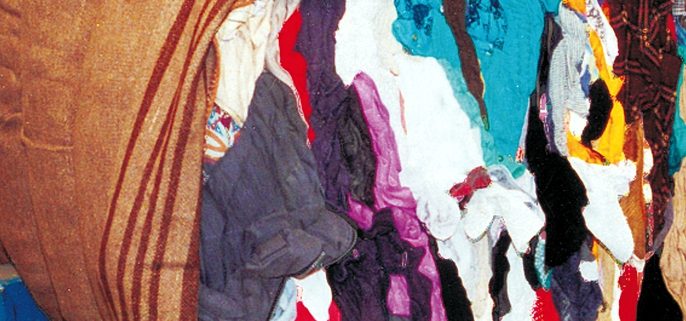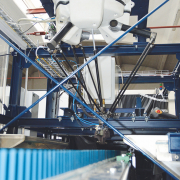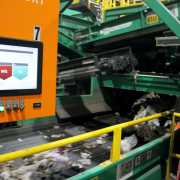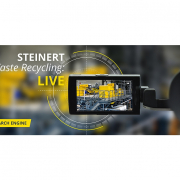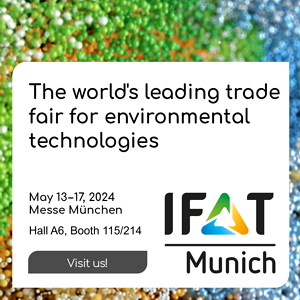International Cooperation on Textile Recycling
In 2016 began a four year collaboration to develop industrial solutions and new technologies for textile recycling.
The non-profit Swedish H&M Foundation and The Hong Kong Research Institute of Textiles and Apparel (HKRITA), a publicly funded applied research center, have entered into a four year partnership to develop technologies to recycle blend textiles into new fabrics and yarns. According to the information, the technology will be licensed widely to ensure broad market access and maximum impact.
Apparel and textile products made from blended materials account for a high proportion of all textiles and apparel in the market today. As yet no commercially viable separation, sorting, and recycling technologies are available for many of the most popular materials, such as cotton and polyester blends, HKRITA underlined. Today it would be possible to mechanically recycle single fiber fabrics such as denim jeans and wool sweaters. “However, garments are very often made from a blend of different fibers to improve fit, style, comfort and longevity. Used apparel of blended or unknown materials are either discarded in landfills or down-cycled into insulation, carpeting, and other low value applications.”
The partners will develop a series of research projects with a contribution of 5.8 million Euro. HKRITA will conduct the research and work to commercialize the outcomes. The Innovation and Technology Fund of the Hong Kong SAR Government will provide additional substantial research funding and support.
“The exact financial contribution from H&M Foundation is determined by the surplus from H&M’s global in-store garment collecting program, which is donated to H&M Foundation”, HKRITA said on its homepage. “Half of this donation is allocated to research on textile recycling.” H&M Foundation is the initiator and main funder of the research project 2016–2020 and HKRITA is co-funding.
As reported by HKTDC, among the textile recycling techniques the institute is exploring a biological process similar to beer fermentation. The idea came from another series of projects HKRITA worked on with Hong Kong’s City University, where it turned starchy food waste, such as cakes and breads from major fast-food chains and converted them into polylactic acid fibers. The resulting products were showcased in a smart fashion ready-to-wear exhibition. After that method was successful, the idea was born to go from fiber to fiber.
According to the research center, there are many advantages to this type of recycling. The scientists are using enzymes to break things down, so it is not a mechanical process, or energy-intensive. And they try to retain the original characteristics of the fiber as much as possible. The other series of projects is chemical, and researchers are investigating using ionic fluids as well as a hydrothermal approach to separate materials.
The goal is to find a cost-effective solution that can be rolled out on an industrial scale and potentially create a new industry that can process the materials. Hong Kong will be the first community to benefit from the research as the license rests in the city.
Photo: GR-Archive
GR 22017

